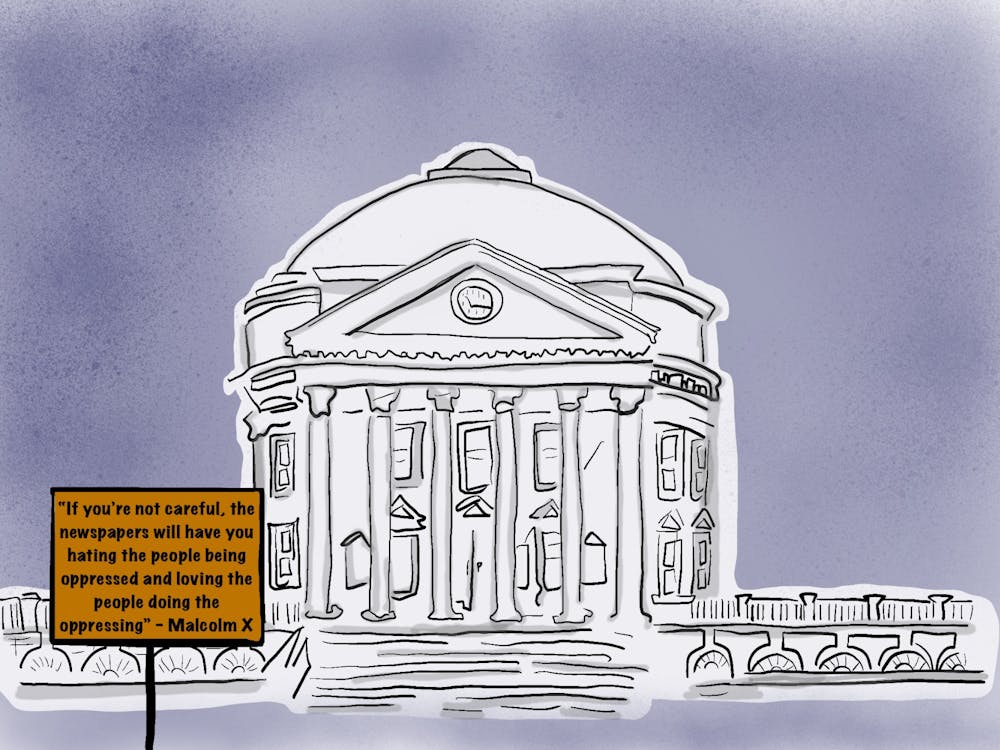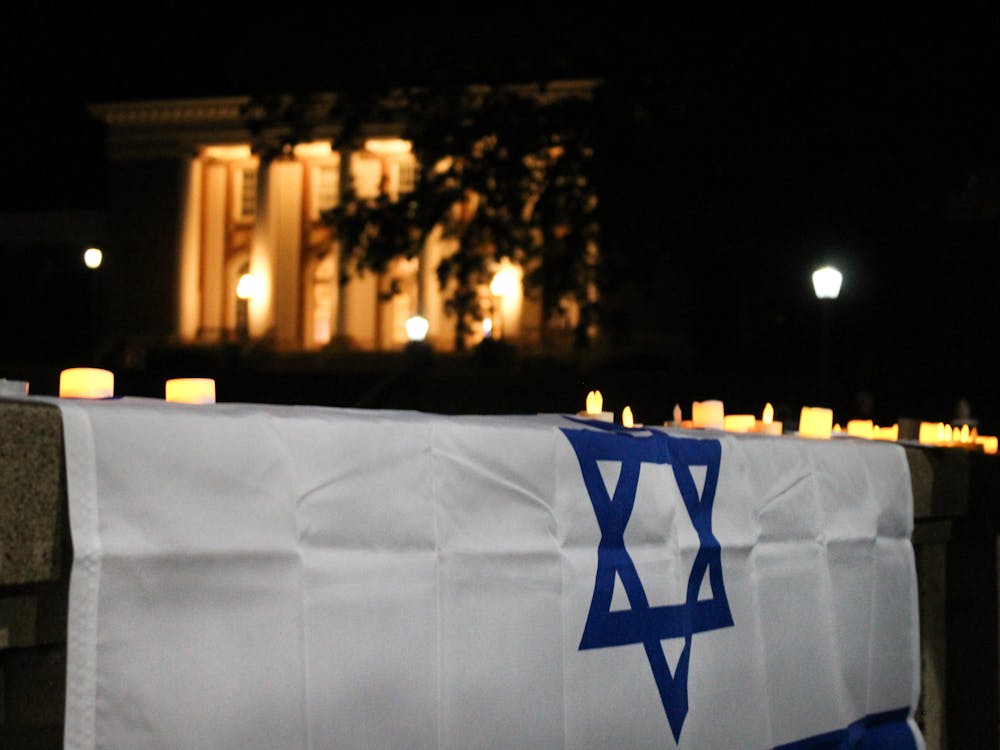Today, students will begin voting on a proposal to reform the honor system. As is proper given the ideal of student self-governance, the choice belongs to students and students alone. We write only to assure students that many alumni support the proposed reforms, including alumni who enjoyed the privilege of serving as members of the Honor Committee or as support officers. The honor system is the very essence of the student experience, and there is nothing at the University to which we are more committed. It is the tie that binds us; its message of acting honestly is one to which we can all aspire; and it plays a large part in making the University special. By addressing impediments to reporting, to honesty during investigations and trials and to fairness and consistency in jury verdicts, we believe the reform proposal will ensure the vitality and strength of the honor system for current and future students.
The proposals — the “informed retraction” and juries comprised of Honor Committee members — are not new. In fact, until the 1980s, juries were comprised of only Committee members. In addition, the University Judiciary Committee (which also has the authority to expel a student) and other university disciplinary bodies utilize juries comprised of only elected students. Previous Honor Committees discussed ideas similar to the proposals, but ultimately decided such reforms were unnecessary at that time. The current Honor Committee, building off these prior efforts, has decided that the reforms are necessary now, and we believe they have put forward a compelling case as to why they are necessary.
More and more students and faculty are dissatisfied with the functioning of the honor system. Fewer and fewer students and faculty are willing to report suspected incidents of lying, cheating, or stealing. And more and more students seem unwilling to enforce the single sanction against a peer who has committed an act of lying, cheating, or stealing. These are perhaps the most pressing problems facing the honor system, and the Committee’s proposals address them head on.
By permitting an accused student to admit guilt, remove himself from the University community for a period of time, and then return, the “informed retraction” will hopefully encourage the reporting of suspected honor offenses and create an incentive for an accused student to be honest after admitting to a dishonest act. Rather than persist in his dishonesty by lying through an investigation and trial to avoid expulsion, an accused student can admit to his mistake, learn from it during his time away from the University and return to the community of trust committed to the ideals and purpose of the honor system. By holding more students accountable for dishonest acts and allowing them to learn from their mistakes, the “informed retraction” will create a stronger community of trust.
By providing a jury comprised of Honor Committee members, the proposal will create greater consistency in the application of the honor system from one accused student to the next, ensuring fairness and faith in verdicts. Unfortunately, the debate about this proposal has focused on consistency of outcomes — that is, whether all verdicts are the same. The proposal’s purpose, however, is to create consistency in the application of the rules that govern a trial. Although no two cases will ever be exactly the same, fairness demands the consistent application of the honor system across every case. Moreover, the consistent application of the honor system will give rise to a reasonable expectation of how the honor system will be applied, which in turn will hopefully assuage unease about reporting a suspected honor offense. This buy-in is essential because otherwise students may be subject to vastly different punishments for similar dishonest behavior based solely on who observed the behavior.
Some may claim Honor Committee members are too removed from “average” students to serve as jurors. But these same Committee members are elected by their peers each year, and, although Committee members, they are still students. They live with other students and take exams with other students; they are no more distant from the student experience than any other student. Moreover, in exercising the right to vote each year, students can elect those they trust to judge fairly and justly. The electoral process will provide informed, trained, empowered, and experienced review juries directly accountable to the student body. Finally, these reforms will hopefully open the door to future changes that will further improve the functioning and fairness of the investigative and trial process.
As students, it is your responsibility to decide whether the reform proposal will benefit the honor system for you and future students. Is the proposal perfect? Is it a panacea that will solve the honor system’s problems overnight? No, it is not. But it is a start, and it is a start in the right direction. Rather than allow the honor system to become irrelevant, the current Honor Committee has put before you a proposal to make the honor system fairer, and thereby strengthen the community of trust. In doing so, the Committee has embarked on a journey to ensure the continued centrality of the honor s ystem and the ideals it espouses — integrity, respect, responsibility — to the student experience. We hope you join them.
David Truetzel, Commerce 2010, Chair
Alex Carroll, College 2010, Vice Chair for Trials
Rob Atkinson, College, 2010, Vice Chair for Education
J.J. Litchford, College 2010, Vice Chair for Community Relations
Alison Tramba, Engineering 2007, Chair
A.J. Aronstein, College 2007, Vice Chair for Community Relations
Stewart Ackerly, College 2006, Law 2011, Vice Chair for Trials
Lauren Ross, College 2006, Vice Chair for Investigations
Randall Warden, College 2003, Law 2006, Vice Chair for Education
Jimmy Fang, Engineering 1995, Chair
David Kennedy, College 1975, Chair
Whittington W. Clement, College 1970, Law 1974, Chair
Benjamin C. Ackerly, College 1965, Law 1968, Chair




